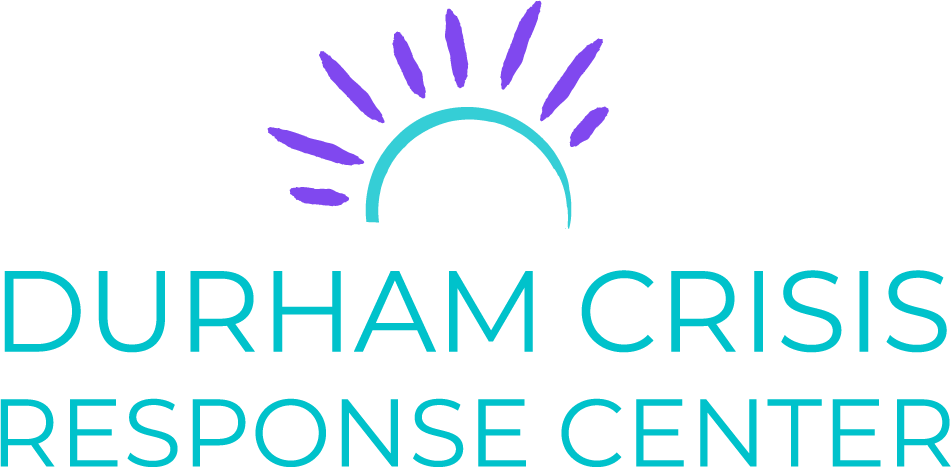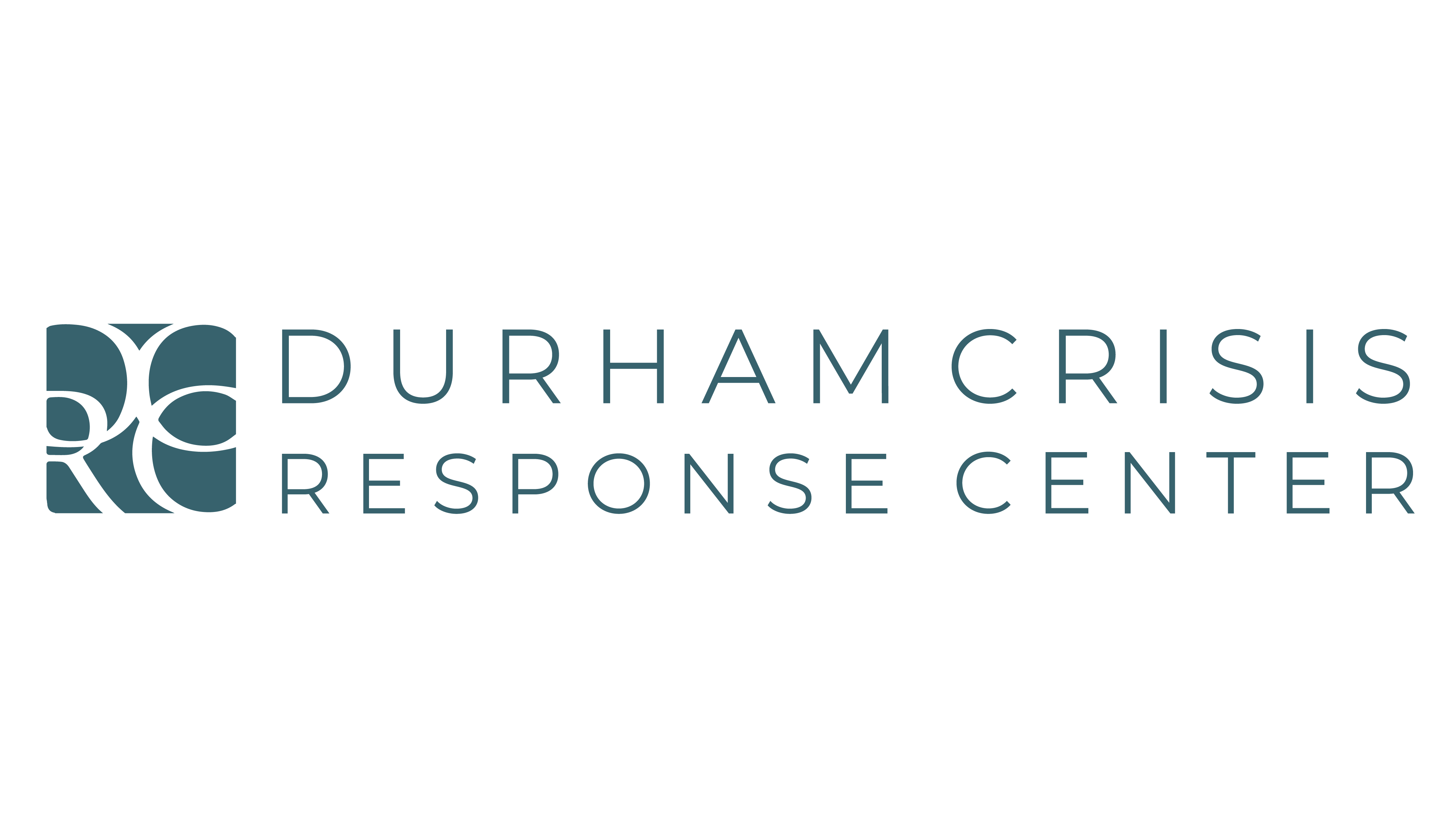Stalking Services
Our staff understands that context is key when confronting stalking. Stalking may affect anyone, regardless of age, race, gender, or sexual identity.
If you need help, we are here to help.
Stalking: Know It, Name It
Stalking may be described as “a pattern of behavior directed at a specific person that would cause a reasonable person to feel fear.”
Stalking presents a real, ongoing threat, and should not be taken lightly
- The majority of victims know the stalker, although in some cases stalkers may be complete strangers
- Around 20% of stalkers use weapons to threaten or harm targets
- Less than 40% of victims seek help
- Almost 76% of intimate partner femicides carried evidence of stalking in the year prior to the murder
Dynamics of Stalking – S.L.I.I.
The S.L.I.I. model describes common characteristics of stalking, but are not limited to these alone: Surveillance, Life invasion, Interference, and Intimidation.
Surveillance: Does an ex-partner, a family member, or an acquaintance know much more about you or your private life than you have shared?
Life invasion: In what ways does the stalker make their presence known to you, or to others in your life?
Interference: has the stalker targeted you, your property, or people around you? This may look like vandalism, theft, or even contact by third-parties.
Intimidation: have you received threats or messages? A common tactic is to share specific, meaningful messages that only a victim would understand
If you need help, we are here to help. Contact our 24 hour confidential and free help lines, in English and Spanish:
919-403-6562 (English)
919-519-3735 (Español)
For Service Providers and Survivors
A number of resources and tools exist to enhance survivor awareness of danger, and help providers to plan accordingly.
National Resources
The Stalking Prevention, Awareness, and Resource Center provides training for free or reduced pricing to community agencies and institutions nationwide.
Danger Assessment
The Stalking and Harassment Assessment and Risk Profile (SHARP) is a provider tool to “deep dive” into a stalking situation. It is not recommended that survivors do this themselves, but with support of a trained advocate. DCRC personnel are here to help
Tracing a Stalker
Unsure of how to collect and store evidence? DCRC recommends using the
Stalking incident and behavior log developed by SPARC, and to always trust a survivor’s instincts.Take Legal Action
DCRC Legal Advocates regularly assist with restraining orders, communications with law enforcement, and court accompaniment for victims. We are NOT attorneys, but are available to safety plan and review case information before, during, or after a legal proceeding. Contact the Family Justice Center at (919) 450-8970
If you are gathering evidence to present to law enforcement or in court, we suggest reviewing This Guide in preparation

